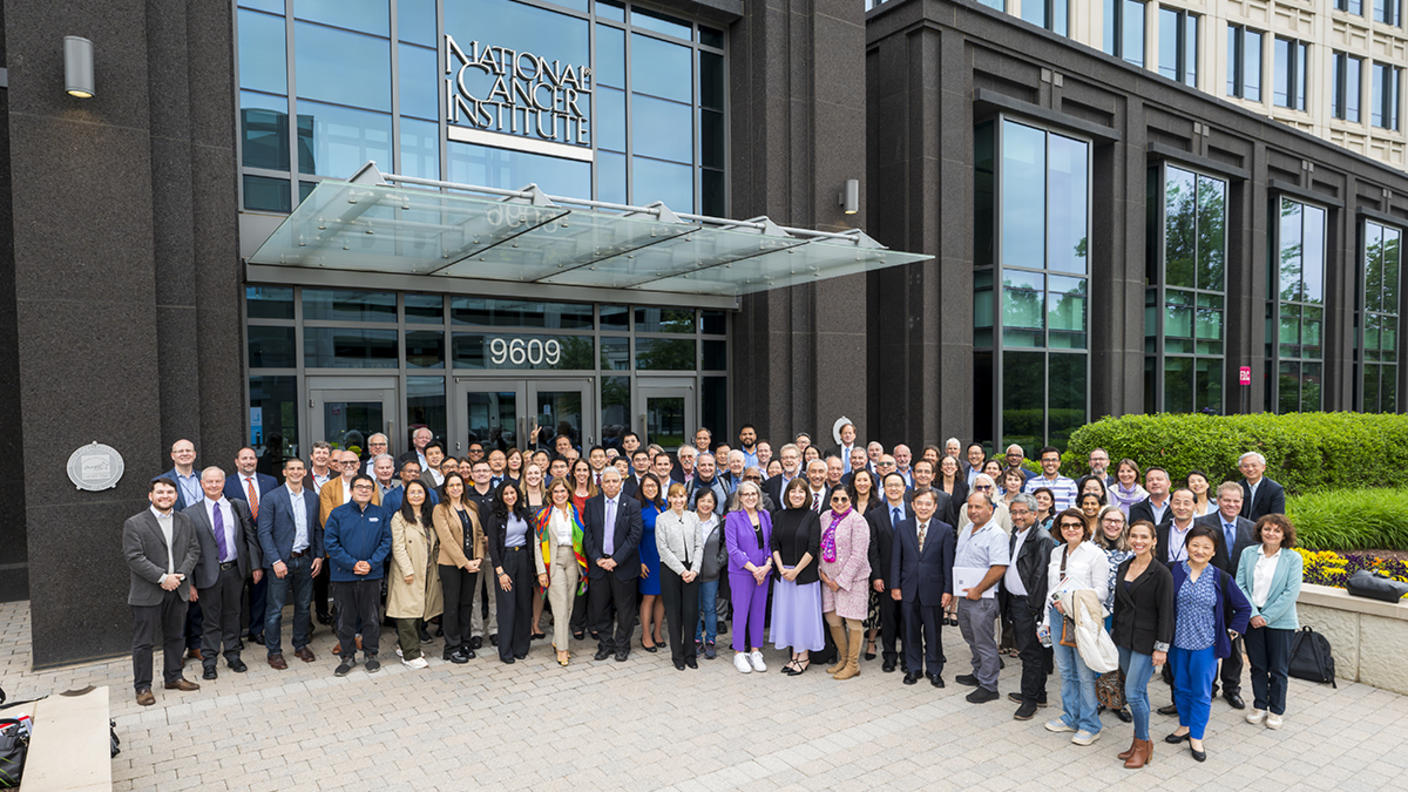
Constanza Camargo, Ph.D., M.S., M.H.A.
NCI Shady Grove | Room 6E 302
Biography
Dr. Camargo earned an M.S. in epidemiology from the School of Public Health in Mexico, an M.H.A degree from the Pontificia Universidad Javeriana in Colombia, and a Ph.D. in public health with a concentration in epidemiology from the University of Illinois at Chicago. She conducted her dissertation work on the role of Epstein-Barr virus infection in gastric carcinogenesis in the Infections and Immunoepidemiology Branch (IIB) and joined IIB as a postdoctoral fellow in 2010. In 2016, she was appointed as an Earl Stadtman Tenure-Track Investigator in the Metabolic Epidemiology Branch (MEB) and was awarded scientific tenure by the NIH in 2024.
Dr. Camargo received the DCEG Women Scientist Advisor’s Mentoring and Leadership Award and the Hubert H. Humphrey Award for Service to America, both in 2022. In 2024, she was named an Inspiring Hispanic/LatinX Scientist by Fred Hutch Cancer Center.
Prior to joining NCI, Dr. Camargo was a member of the research group led by Dr. Pelayo Correa, first at Louisiana State University and then at Vanderbilt University, studying gastric cancer and its primary risk factor, Helicobacter pylori infection.
Research Interests
H. pylori and Gastric Cancer
Gastric cancer is the third leading cause of cancer death worldwide. Dr. Camargo maintains a robust research program with a multidisciplinary team of international collaborators applying cutting-edge molecular epidemiology to the study of H. pylori, premalignant and malignant gastric lesions.
Dr. Camargo and colleagues recently completed the H. pylori Genome Project (HpGP). which established a large-scale international biobank of clinically annotated H. pylori strains for molecular studies addressing the role of bacterial diversity in the gastric cancer cascade. For this important initiative, Dr. Camargo partnered with investigators from the Division of Gastroenterology at Vanderbilt University.
Dr. Camargo is planning a new field effort aimed to elucidate the risk factors for advanced premalignant lesions, and potential non-invasive biomarkers for risk stratification in high-risk populations in Latin America, Eastern Europe, and Eastern Asia.
Esophageal Squamous Cell Carcinoma (ESCC)
As a smaller research effort, Dr. Camargo is collaborating with Christian Abnet, Ph.D., M.P.H., in MEB to design and conduct studies of ESCC in endemic Asian and African populations. Her research focuses on the evaluation of infections and potential biomarkers for screening.
Information for Journalists
To request an interview with a DCEG investigator, please complete this form: Request For Comment | HHS.gov.
